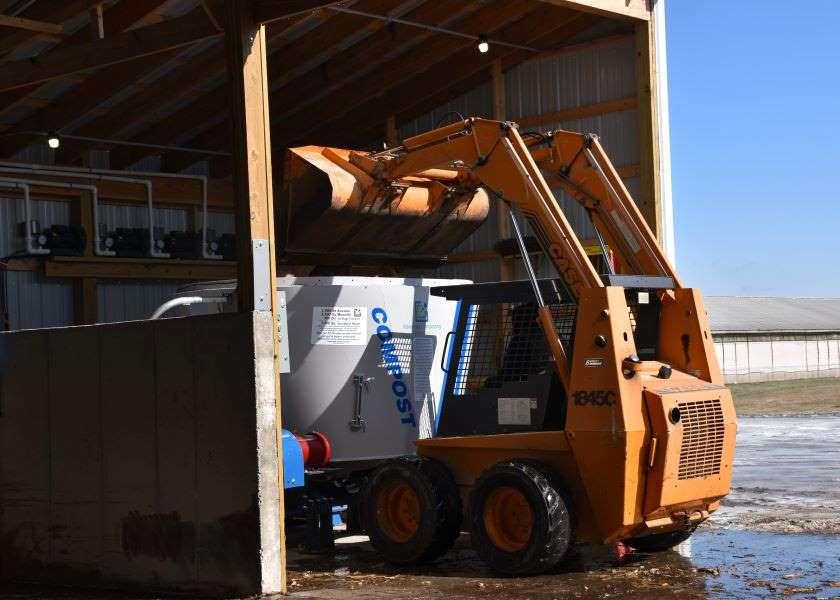Disposal Options in an FAD Outbreak

Besides the actual depopulation itself, determining how to dispose of carcasses is also a difficult decision.
Equipment, inputs and time are the three primary considerations in terms of disposal, said Marguerite Tan, Director of Environmental Programs for the National Pork Board.
Methods include:
• Incineration
• Deep-pit burial
• Whole composting
• Ground composting
• Shallow burial with carbon (treatments that require carbon)
Many factors come into consideration, including virus inactivation, available real estate, distance to groundwater, soil types, well- and surface-water locations, topography, state regulations and deed restrictions.
Tan went through each of the methods and how the factors above can affect each decision. She said the industry is searching for innovative ideas to meet the challenges associated with depopulation and disposal. In fact, the 2022 Pork Industry Innovation Challenge is all about finding innovative on-farm mortality management methods. Someone could win up to $46,000 for a good idea. (Learn more here: www.Go.porkcheckoff.org/challenge)
There are advantages and disadvantages to all of the methods and each should be evaluated carefully, Tan explained.
“Once you’ve paired down the methods you plan to use, that’s the time to sit down with your state department of environmental quality,” she said.
Jeff Kaisand, DVM, Iowa’s state veterinarian, said the most common method the poultry industry used for highly pathogenic avian influenza (HPAI) was ventilation shut-down. As soon as the state had confirmation that HPAI was present, the process proceeded rapidly. Within 24 hours of notification and an operation declaring signs of disease, mass depopulation took place.
“Depopulation is different from euthanasia,” Kaisand said. “We have to stop the spread of a foreign animal disease and we have to do it quickly. If we don’t stop the spread of disease to other sites, then we’ll have more animals affected.
At some point during the process, “you’re not going to like us and you may not like your neighbor either,” Kaisand said. That’s because difficult decisions must be made to keep an FAD from spreading.
“We’re all in this together but during an outbreak it depends on where you are and if you have plans in place, because it affects everybody,” Kaisand said.
Lots of Questions
Although a great deal of work has been done to prepare the industry for a potential FAD outbreak, more details need to be worked out, and no doubt more questions will arise. For example, producers in the session wondered how long a disease like ASF can live in compost and Tan explained that studies in Vietnam will be released in a few weeks.
Other questions related to what type of composting material can be used. Wood shavings or wood chips are considered “the gold standard” according to Tan, but other materials have been used successfully.
“We do have sites with miles of compost,” Kaisand said. “That’s why subject-matter experts are there to help.” The bottom line is that compost – like any of the methods used – needs to be managed.
““We face years of managing a disease if we don’t handle it quickly,” Kaisand asserted. “This is your industry, and you need to plan now.”
More from Farm Journal's PORK:







